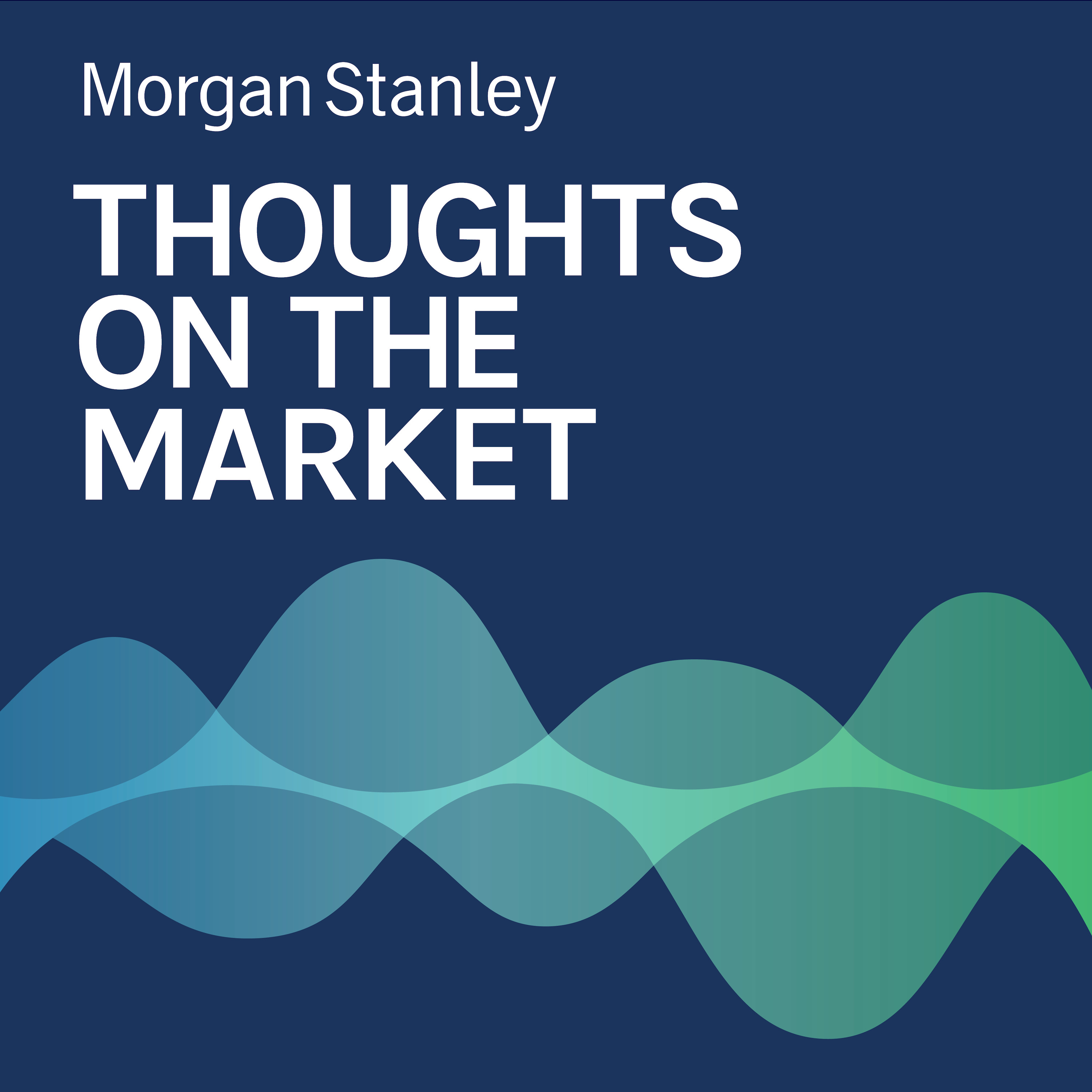Andrew Sheets: A Different Story for Global Markets

b"
While the U.S. continues to see high valuations, rising inflation, and slow policy tightening, the story is quite different for many markets outside the U.S.
Important note regarding economic sanctions. This research references country/ies which are generally the subject of comprehensive or selective sanctions programs administered or enforced by the U.S. Department of the Treasury\\u2019s Office of Foreign Assets Control (\\u201cOFAC\\u201d), the European Union and/or by other countries and multi-national bodies. Users of this report are solely responsible for ensuring that their investment activities in relation to any sanctioned country/ies are carried out in compliance with applicable sanctions.
-----Transcript-----
Welcome to Thoughts on the Market. I'm Andrew Sheets, Chief Cross Asset Strategist for Morgan Stanley. Along with my colleagues bringing you a variety of perspectives, I'll be talking about trends across the global investment landscape and how we put those ideas together. It's Friday, March 4th at 3 p.m. in London.
While Russia\\u2019s invasion of Ukraine has implications for financial markets, it has bigger implications for people. Hundreds of thousands have already been displaced, numbers which are likely to grow in the coming weeks. These refugees deserve our compassion, and support. To those impacted by this tragedy, you have our sympathies. And to those helping them, our admiration.
Our expertise, however, is in financial markets, and so that\\u2019s where we\\u2019ll be focusing today. For those that are most negative on the market right now, the refrain is pretty simple and pretty straightforward. Assets are still expensive relative to historical valuations. Inflation is still high and it's still rising. And central banks are still behind the curve, so to speak, with lots of interest rate increases needed to bring monetary policy back in line with the broader economy.
What I want to discuss today, however, was how different some of these concerns can look when you move beyond the United States.
Let's start with the idea that assets are expensive. Now, this clearly applies to some markets, but less to others. Stocks in Germany, for example, trade at less than 12 times next year's earnings, Korean stocks trade at 10 times next year's earnings, Brazil, it's 8 times. And many currencies trade at historically low valuations relative to the U.S. dollar.
Next up is inflation. While inflation is high in the U.S. and Europe, it's low in Asia, a region that does account for roughly 1/3 of the entire global economy. What do I mean by low? U.S. consumer prices have increased 7.5% Relative to a year ago. Consumer prices in China and Japan, in contrast, are up less than 1%.
My colleague Chetan Ahya, Morgan Stanley's Chief Asia Economist, notes that these differences aren\\u2019t just some mathematical illusion, but rather reflect real differences in Asia's economy and policy response.
Finally, there's the idea that central banks are behind the curve, so to speak. Now, the hindsight here is a little tricky, as the Federal Reserve and the ECB were dealing with enormous uncertainty around the scope of the pandemic for much of last year. But what's notable is that not all central banks took that path. Central banks in Chile, Brazil, Poland and Hungary, just to name a few, have been raising interest rates aggressively for the better part of the last 12 months.
In times of crisis, markets often try to simplify the story. But the challenges facing global markets, from valuations, to inflation, to monetary policy, really are different. As events unfold, it will be important to keep these distinctions in mind.
Thanks for listening. Subscribe to Thoughts on the Market on Apple Podcasts, or wherever you listen, and leave us a review. We'd love to hear from you.
"